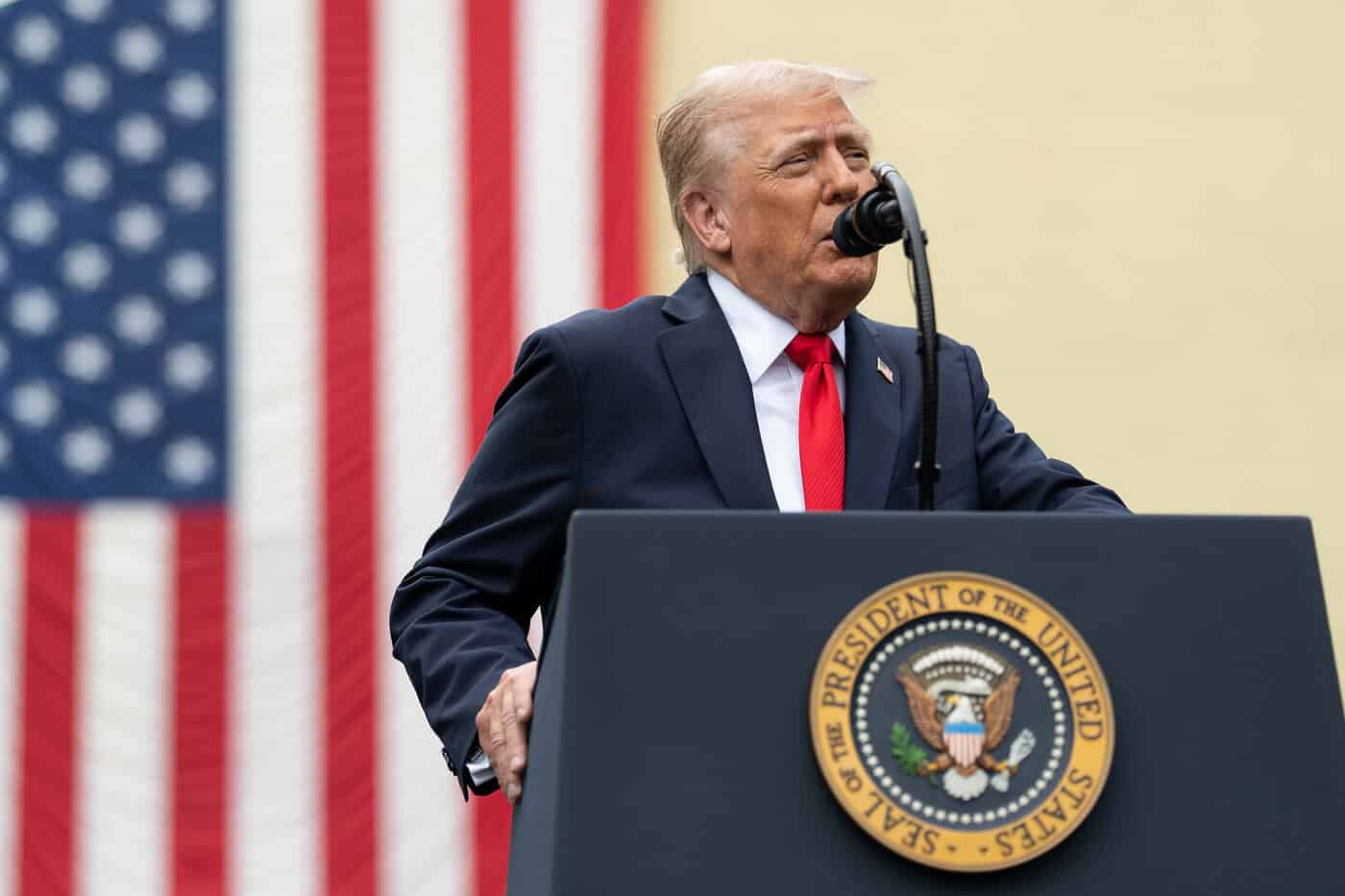New $100,000 Fee for H-1B Visa Applications Announced
The Trump administration has recently proposed a significant change to the H-1B visa application process, introducing a new fee of $100,000 for applicants. This proposal has sparked widespread discussion and concern among businesses, potential immigrants, and advocacy groups across the nation.
Understanding the H-1B Visa
The H-1B visa program allows U.S. companies to employ foreign workers in specialty occupations. These positions typically require a bachelor’s degree or higher in a specific field. The program has been vital for sectors such as technology, healthcare, and engineering.
However, the introduction of this hefty fee poses several implications:
Industry Reactions
The proposed fee has elicited strong reactions from various sectors. Many technology companies, which heavily depend on H-1B visa holders, have expressed concerns that this could hinder their operations and growth.
Moreover, businesses argue that the cost could lead to a reduction in innovation and job creation, as they may be forced to cut back on hiring. Advocacy groups are also voicing their opposition, citing the need for a more inclusive and supportive immigration policy.
Current Immigration Context
As the immigration landscape continues to evolve, other recent developments are also noteworthy. The Biden administration has shifted focus towards more humanitarian approaches, including programs like humanitarian parole and parole in place updates. These initiatives aim to provide relief and support to vulnerable populations, contrasting sharply with the financial barriers imposed by the recent proposal.
Implications for Future Immigration Reform
The introduction of such a fee raises questions about the long-term direction of U.S. immigration policy. As immigration reform remains a hot topic, the implications of this proposal could be far-reaching:
Conclusion
The announcement of a new $100,000 fee for H-1B visa applications marks a pivotal moment in U.S. immigration policy. As discussions continue, stakeholders from various sectors must navigate these changes and advocate for a balanced approach that supports economic growth while ensuring fair opportunities for all immigrants.
As we observe the unfolding situation, staying informed about immigration news and reform updates will be crucial for businesses and individuals alike. The implications of this fee could reshape the future of work in the United States, making it essential for all parties involved to monitor these developments closely.
With the future of immigration in flux, one can only hope for a system that fosters innovation, inclusivity, and economic strength.










